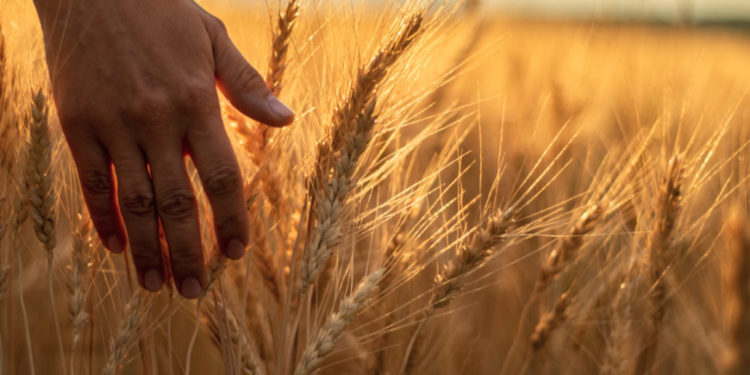Bread bakers, under the auspices of the Premium BreadMakers Association of Nigeria (PBAN) have charged government at all levels to evolve plans to increase local wheat production capacity rather than relying largely on imports, which are harming the country’s economy.
This year alone, the country has seen a four-fold increase in bread prices, owing in part to scarcity in the wheat value chain around the world as a result of the Russia-Ukraine situation.
In response, president of PBAN, Mr. Emmanuel Onuorah, noted that, as a country, “we must begin to seek internal solutions for our sustenance in wheat production because the bread business has suffered greatly as a result of this.
“Many bakeries were closed between August and December of this year, which is a difficult situation. Capacity has also decreased by 70 per cent, while wheat has increased by N3,000, salt has climbed, ascorbic acid has increased, and even calcium propionate, a preservative used in bread, has increased.”
Additionally, he said, diesel went up, and other things utilized to produce bread have increased, acknowledging that capacity has decreased as well, which has caused numerous bakeries to reduce their number of shifts from two to one.
The baker queried, “how much further can we raise the price of bread before it becomes unaffordable? Food inflation is now around 24 per cent; many no longer have disposable income. My bakery consumed on a weekly basis, 4,000 liters of diesel, now cut to 2,000 weekly, and we cut off staff meals. We cannot cut corners or utilise unhealthy ingredients just to remain afloat in business.”
Onuorah disclosed that, the country uses roughly five million metric tons of wheat annually, of which only 3,000 metric tons are produced in the country, leaving the other 4.7 million metric tons to be imported.
“As a country, we need to begin to look inward for our sustenance. 13 states produce wheat in the country, yet, we rely on importation. So how do we upscale wheat production in the country?
“Also to mention that the government has been collecting 15 per cent as a wheat development levy since 2012 for the importation of wheat into the country; what have they done with it?,Why are they not using it to boost the economy and give respite to the people in the country?” he queried.
He believes there is a need to look into how the country can begin to grow wheat in the country because it cannot depend on 100 per cent importation to meet its needs.
“We have done this in cement, and it works; in sugar, it is partially working, which makes me feel it can be done and turn us into a net exporter of wheat so that a large chunk of the money we use for foreign exchange can domicile in the country.”
Onuorah believes ingredients such as ascorbic acid can be sourced locally, while sweet potatoes and cassava can be included in bread production.
“So, unless we, as a country, made a deliberate policy to produce these items in the country, such as wheat flour, which is around 65 per cent of the bread for our self-sufficiency, we may continue to stay where we are for many years,” he concluded.



